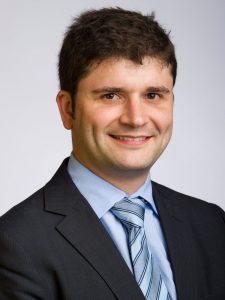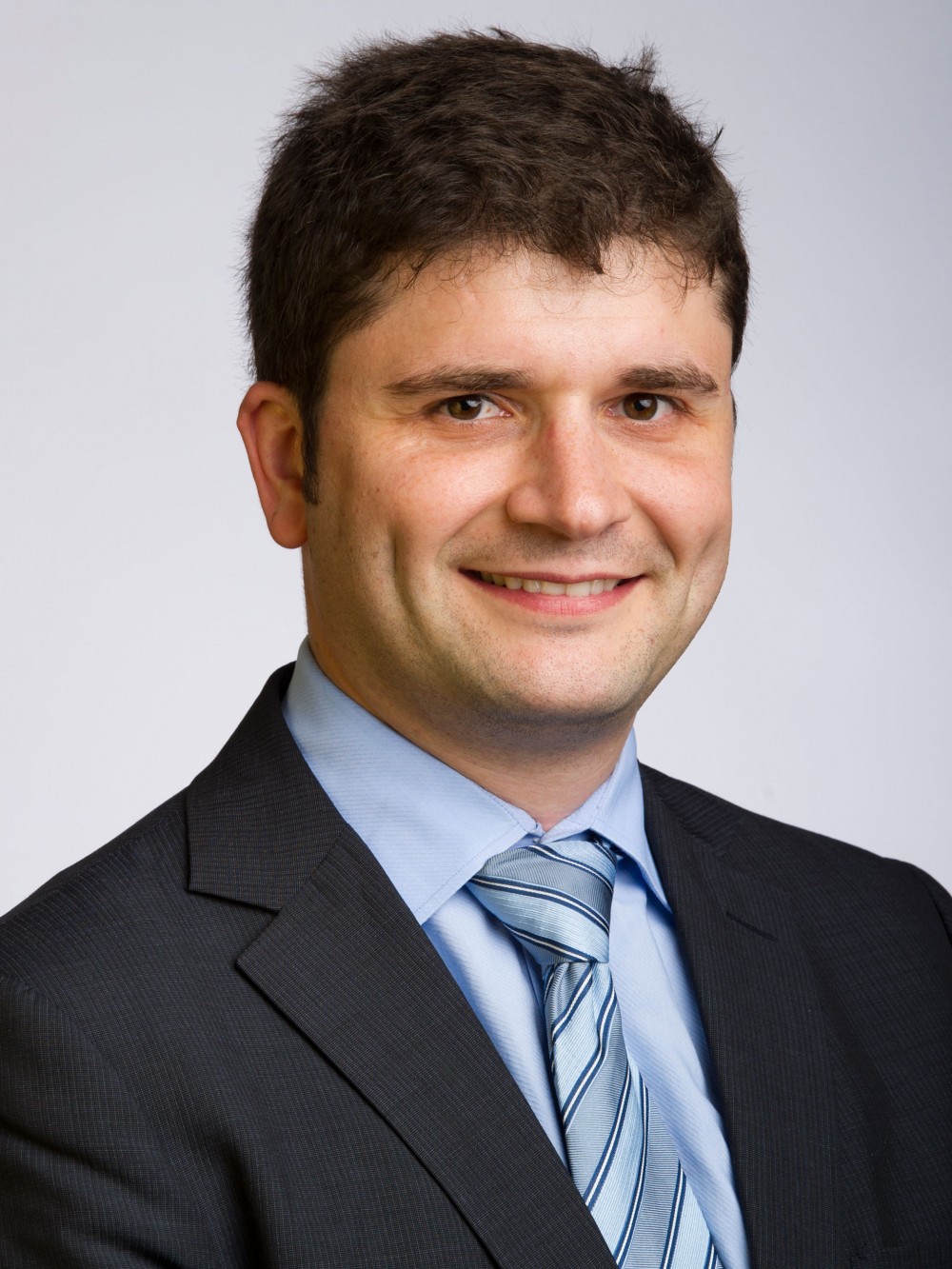
“ML/AI-driven Coordination of Multiple Autonomous Robotic Swarms of Networked UAVs using 4D Information Theory, mm-wave MIMO Radar, and Computer Vision”
Wednesday, Aug. 21 @ 3:00 pm
LAR 234
Abstract
Mm-wave sensing and imaging systems are ubiquitously used in a wide range of applications, such as atmospheric sounding of the earth to forecast the weather, non-destructive-testing to assess the condition of civil infrastructures, and security monitoring to detect potential threats in airport checkpoints. These systems typically operate well when the scene dynamics does not change rapidly. Unfortunately, this is not the case in emerging societally-important applications like swarms of drones in rescue missions, smart self-driving cars on roadways, or cyber-physical systems searching for suicide bombers when they are on the move. These new applications require sensing and imaging at high video frame, as well as adapting the sensing process to the outcomes of the online learning. With these challenges in mind, one of the key features of the next generation imaging systems will be the ability maximize the information transfer efficiency between sensors and imaging domain. One way to achieve this is to merge traditional 1D temporal mm-wave coding with 3D dynamical coding of the wavefield in space, as well as to dynamically adapt the sensing process based on the information provided by other orthogonal sensors, like 4D stereo cameras. This talk will cover the theoretical principles and fundamental limitations of new sensing and imaging systems that leverage on Information Theory to enable 4D coding at mm-wave frequencies–by using spatial modulators, vortex-meta-lenses, and compressive reflectors. The combination of this 4D-coding scheme with compressive sensing techniques reduces the number of sensors needed to produce images with high spatial resolution. The use of a new Alternating Direction Method of Multipliers (ADMM) algorithm, which is capable of imposing linear combinations of regularizers of the form p-norm raised to the q-power, enables real-time imaging and control in a distributed fashion. A deep-learning approach that enables the fusion of mm-wave radar and 4D stereo cameras will be discussed as a mechanism to enhance the sensing process even more. Preliminary experimental results showing the efficacy of these techniques will be presented for the specific application of coordinating multiple autonomous robotic swarms of UAVs operating under constrained communications in multi-step complex missions— which require detecting, localizing, classifying, tracking, and following targets, while avoiding malicious collisions.
Biography
José Martinez-Lorenzo is a tenured associate professor at Northeastern University, Boston, MA; where he directs the Sensing, Imaging, Control, Actuation, and Artificial Intelligence Laboratory. He holds a joint appointment in the Departments of Electrical and Computer Engineering and Mechanical and Industrial Engineering. Professor Martinez-Lorenzo’s research focus is high-capacity systems, with an emphasis on the following: computational modeling of acoustic, thermoacoustics, and electromagnetic waves through complex media and artificial (meta-)materials; physics-based signal processing and machine learning, including compressive sensing and information-based imaging and optimization; multi-agent robotic and mechatronic systems design and integration; and high-performance computing in distributed architectures. His research is applied to diverse problems, including but not limited to: swarms of drones in rescue missions, environmental sensing using distributed sensor networks, and “on-the-move” detection of explosives-related threats. He received a 2017 NSF Early CAREER Award, for the research program entitled “4D mm-Wave Compressive Sensing and Imaging at One Thousand Volumetric Frames per Second.” Prof. Martinez has published over 70 journal papers and 130 conference papers, and four of them received a Best Paper Award in conferences involving over 1200 papers. Professor Martinez serves as an associate editor in the IEEE Transactions on Antennas & Propagation; and his work has been featured by CNN, NBC, New York Times, and Wired Magazine.

